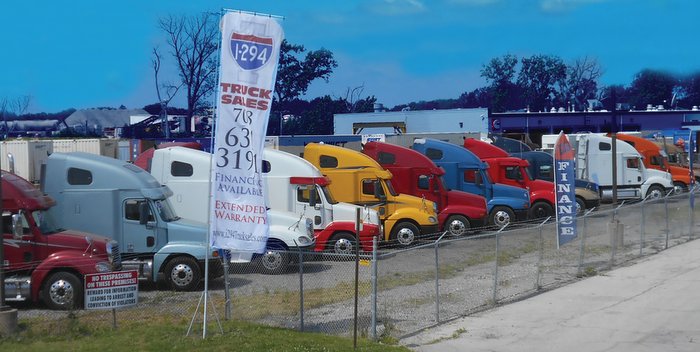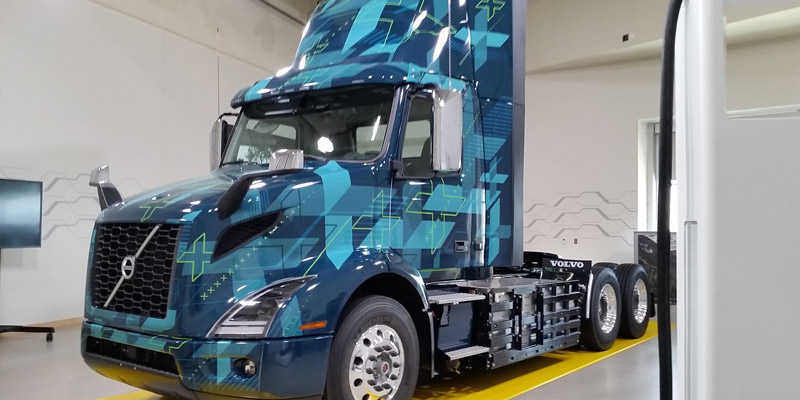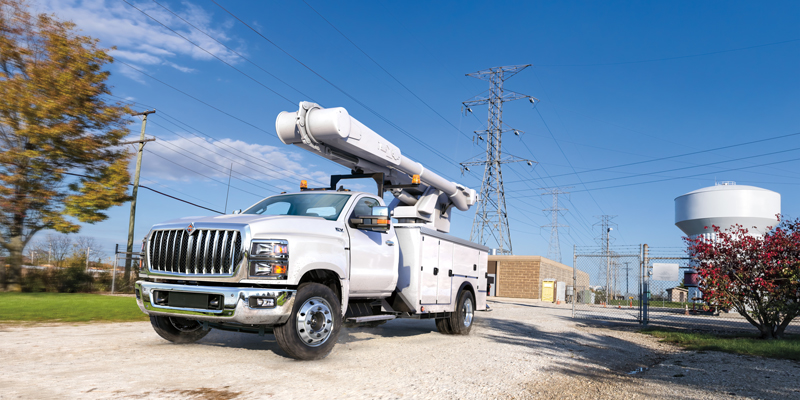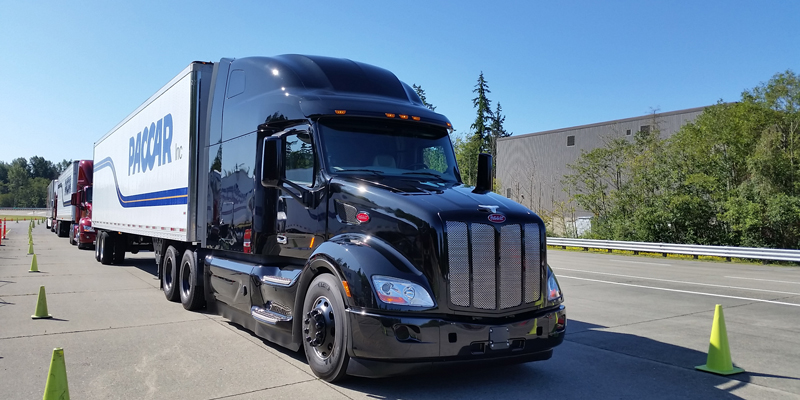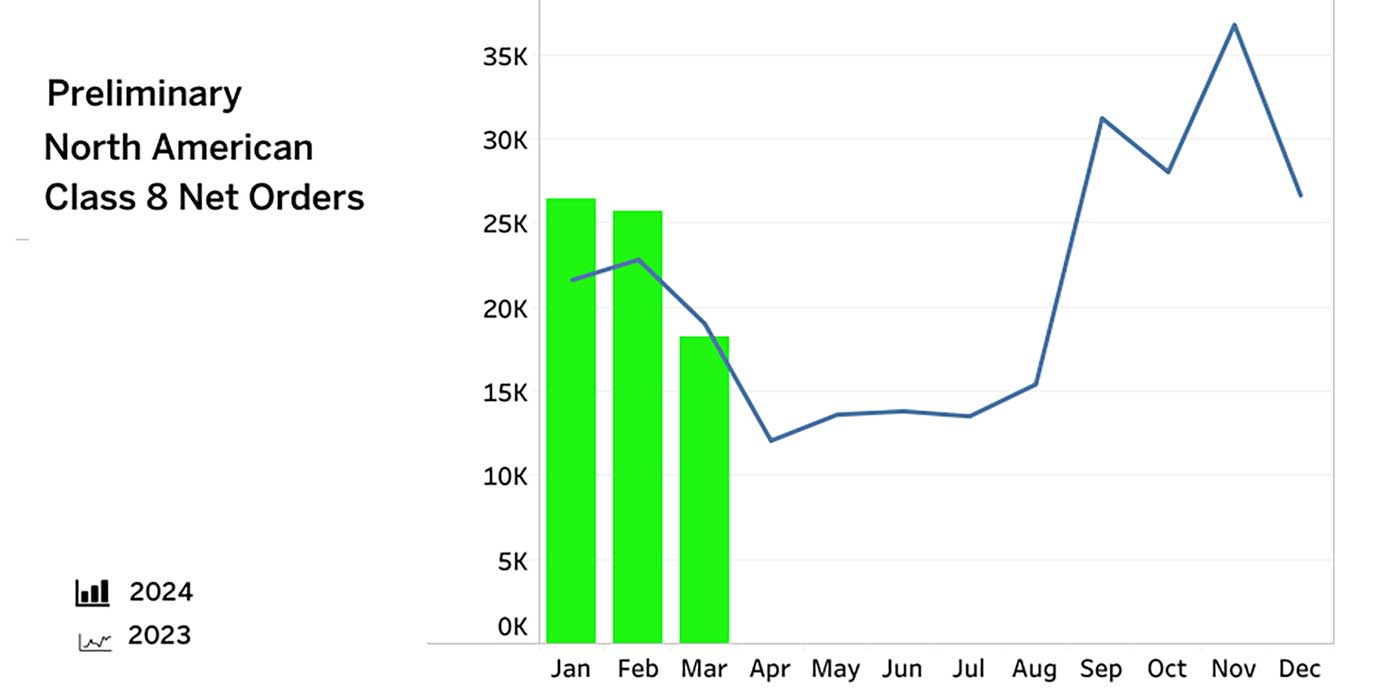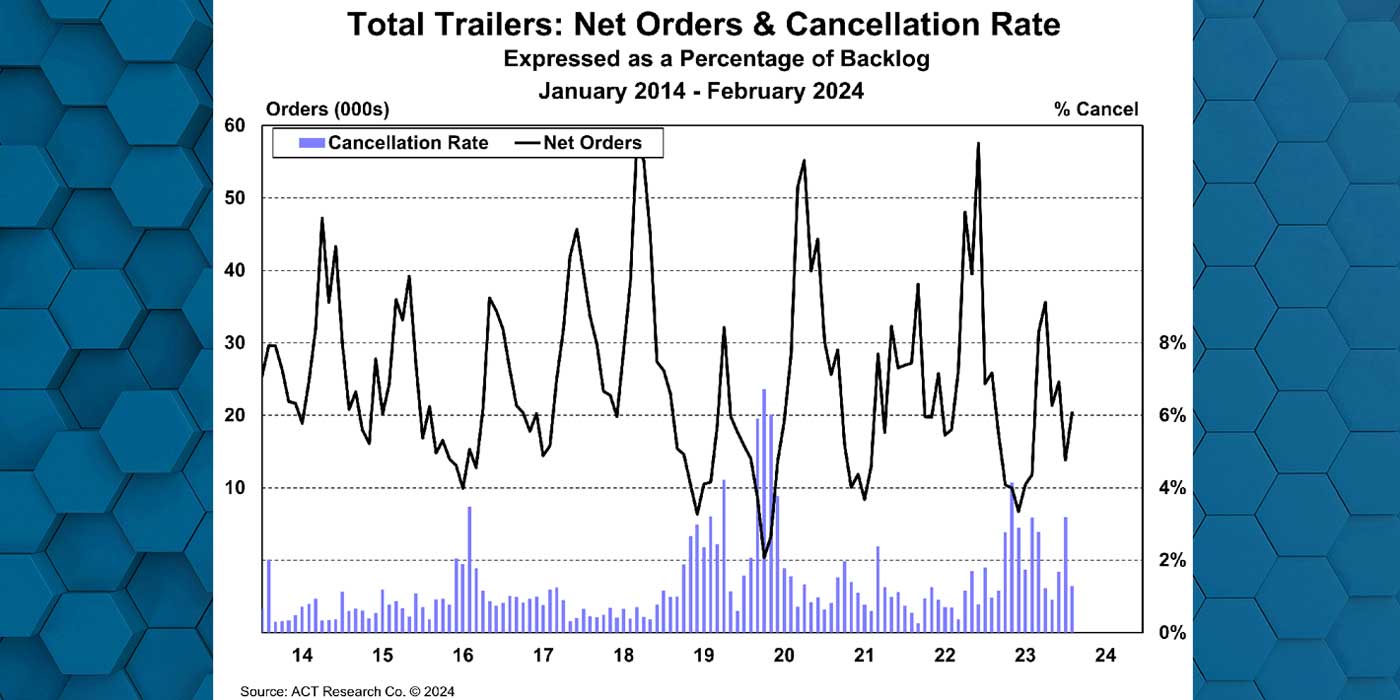How long are you keeping your trucks? Are you looking for used trucks and having a hard time finding them? If so, you’re not alone.
Fleet Advantage recently conducted a survey designed to take the pulse of truck fleet managers on topics that included equipment acquisition and disposition. The survey produced puzzling outcomes. While 70% of fleet operators reported a consistent increase in fuel economy for truck model years 2011–2015, and fuel economy, maintenance and repair expenses ranked highest as motivating factors for equipment replacement, most continue to operate trucks an average of seven years before replacing them with new, more fuel efficient models.
“Fleet operators realize they can improve fuel economy and lower operating costs with newer equipment, since 80% responded that they are aware of federal regulations that require new models to increase their fuel efficiency,” said Brian Holland, president of Fleet Advantage. “Fleet managers also know that maintenance and repair costs on new models are a fraction of the costs of a four- to seven-year-old truck, yet they continue to operate older, less efficient models. So what’s driving this contradiction?
Can’t get enough columns and features from Carol Birkland? Click here to read all her articles.
“The answer to that question is saving our clients millions of dollars in operating costs annually,” he continued. “Because certain concepts and beliefs are entrenched within every organization, some fleet managers are under the misconception that switching to a three- to four-year lifecycle will increase operating costs. Understanding the difference between a truck’s functional and economic obsolescence alleviates that concern.”
Historically, fleet operators have attempted to spread equipment costs over a longer time period by operating a truck until it becomes functionally obsolete. However, by running shorter equipment life-cycles only to the point of economic obsolescence, fleets are realizing higher cost savings through improved fuel economy, minimal maintenance and repair costs, and improved driver retention. That truck operation philosophy has been gaining understanding and momentum across all markets.
Early adopters of EXchangeIT validate the significance of this shift in fleet lifecycle management. Corporate fleets are cutting wasteful spending by millions of dollars annually by being able to predict the optimum transportation lifecycle to achieve continual efficiency improvements.

